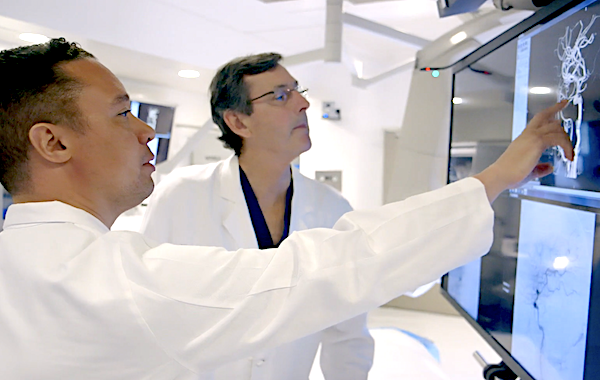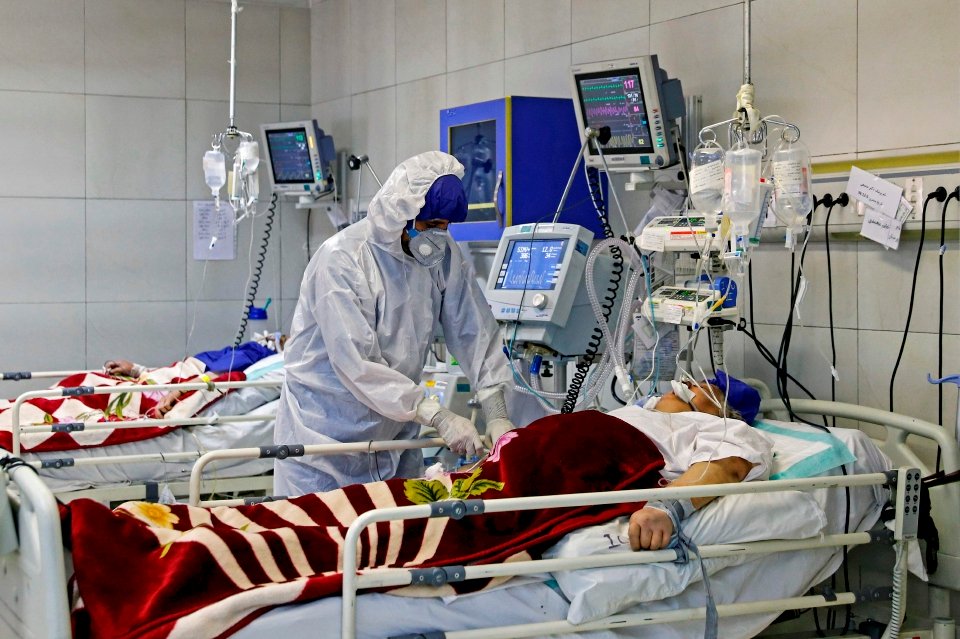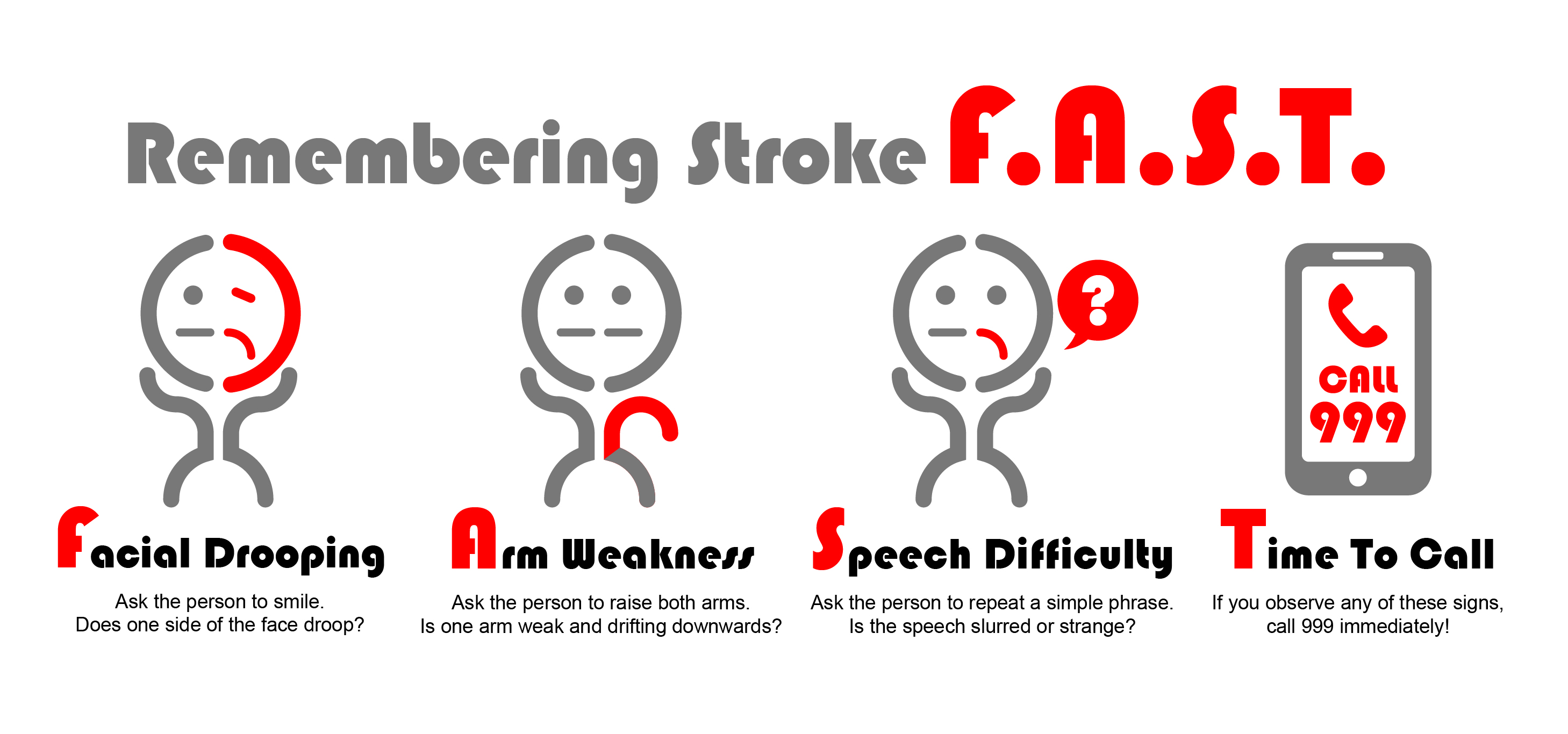US Doctors Report That COVID-19 Can Cause Sudden Stroke In Young Adults
They noticed that the virus is causing an increased chance of clotting in large arteries.
Doctors in New York are warning that COVID-19 patients in their 30s and 40s who are not severely ill may develop sudden strokes
According to CNN, the doctors at Mount Sinai Health System have found growing evidence that COVID-19 can cause blood to clot unnaturally in the body, resulting in an increase of stroke in people who don't typically suffer from them.
Neurosurgeon Dr Thomas Oxley and his colleagues have treated five of such patients - all of who were under the age of 50 and tested positive for COVID-19 but had mild to no symptoms.
"The virus seems to be causing increased clotting in the large arteries, leading to severe stroke," said Oxley.
According to medical website MedicineNet, a stroke is a medical emergency that occurs when brain cells die due to a sudden lack of oxygen. This can be caused by blockage to blood flow caused by a clot or rupture of an artery to the brain.
The doctors explain that it is not at all common for people so young to have strokes, especially in such large vessels
However, they have already seen five patients in the past two weeks, instead of the usual average of less than two patients a month.
"Our report shows a sevenfold increase in incidence of sudden stroke in young patients during the past two weeks. Most of these patients have no past medical history and were at home with either mild symptoms or no symptoms of COVID-19," Oxley told CNN.
"All tested positive. Two of them delayed calling an ambulance," he added.
At least one of them has died while the others are in rehabilitation facilities, intensive care, or the stroke unit. Only one has gone home but still requires intense care.
Oxley said his team wanted to inform people to seek immediate medical help if they notice themselves developing the unexpected symptoms of stroke
He gave an easy memory device called 'FAST' for these neurological signs:
F - Face drooping
A - Arm weakness
S - Speech difficulty
T - Time to call 999
The doctor explained it is aptly named so because clot retrieval - the most effective treatment for these large vessel strokes - has to be performed within six hours from when these symptoms occur.
Doctors from other specialties have also begun to notice blood clots in different organs of their COVID-19 patients
The New York Times also reported that specialists from other departments of Mount Sinai have seen evidence of blood clots in their patients' lungs and kidneys.
A nephrologist has reported that his patients' kidney dialysis catheters were getting plugged with clots, while some pulmonologists taking care of patients on mechanical ventilators could see portions of their lungs were bloodless.
As they pool their observations, it is reported that COVID-19 patients in the hospital now receive high doses of blood-thinning drugs even before evidence of clotting appears.


